1. The Smothers Brothers Comedy Hour (1967–1969)
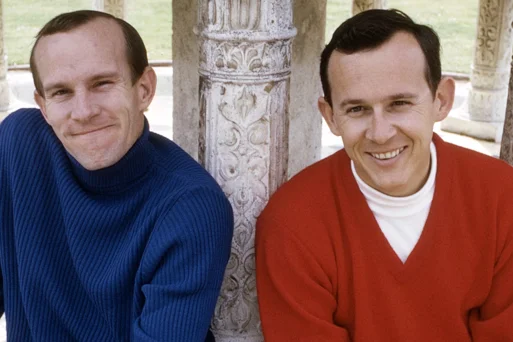
The Smothers Brothers Comedy Hour was a variety show that blended music, comedy, and sharp political satire. It became a platform for countercultural voices, featuring artists like Pete Seeger and Joan Baez, and addressing topics such as the Vietnam War and civil rights. The show’s bold content often clashed with CBS’s conservative standards, leading to tensions with network executives. Despite its popularity among younger audiences, the show faced increasing censorship and pressure from sponsors.
In 1969, CBS canceled the show, citing declining ratings and rising production costs. However, many believe the cancellation was due to the show’s controversial content, which challenged the status quo. The Smothers Brothers themselves suggested that their criticism of the government and social issues played a significant role in the decision. The show’s abrupt end marked a significant moment in television history, highlighting the tension between creative expression and corporate control.
2. The Outer Limits (1963–1965)
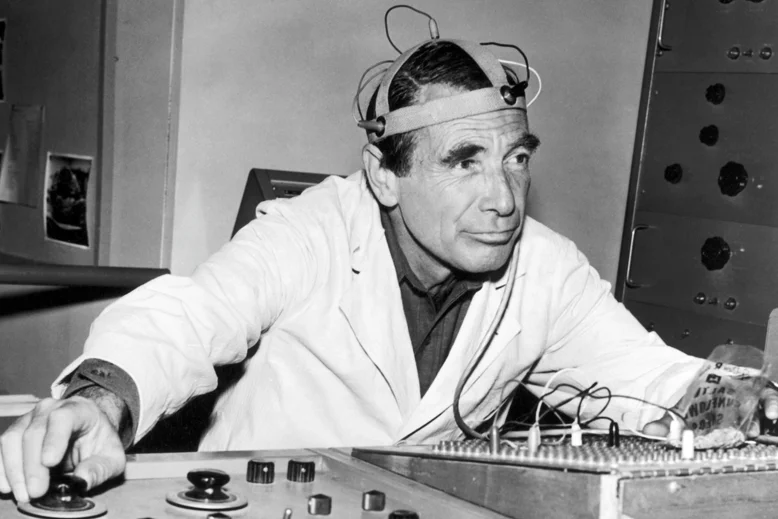
The Outer Limits was a science fiction anthology series that pushed the boundaries of television storytelling. It featured imaginative plots that explored themes like alien encounters, time travel, and the human condition. The show’s innovative special effects and thought-provoking narratives set it apart from other programs of its time. Despite its critical acclaim, The Outer Limits struggled with inconsistent ratings.
The series was canceled after two seasons, partly due to its high production costs and competition from other popular shows. However, its influence on the science fiction genre is undeniable. The Outer Limits paved the way for future series that would delve into complex themes and speculative fiction. Its legacy continues to inspire creators and audiences alike.
3. Honey West (1965–1966)
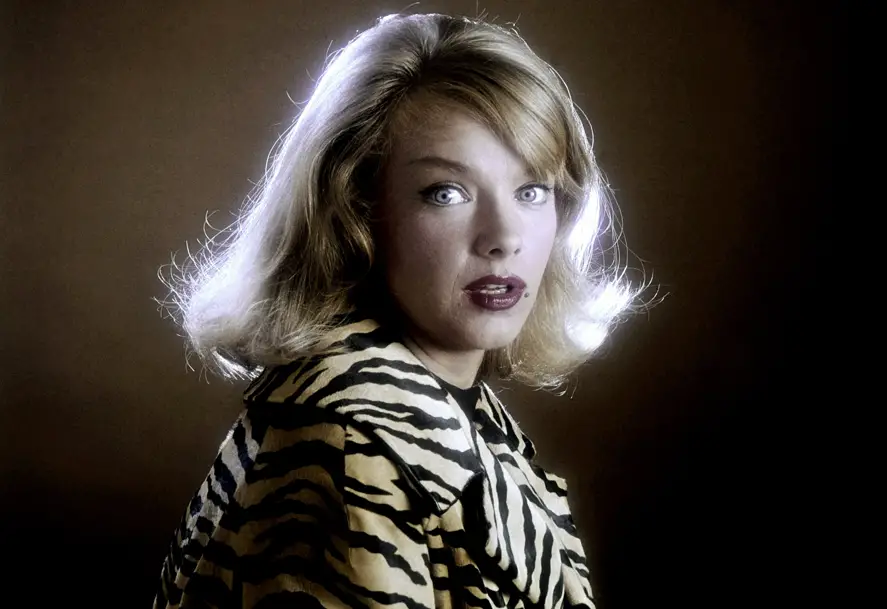
Honey West was a groundbreaking television series that featured a female private detective as the lead character. Portrayed by Anne Francis, Honey was smart, tough, and independent, challenging traditional gender roles in television. The show combined elements of action, mystery, and comedy, offering a fresh take on the detective genre. Despite its innovative premise, Honey West faced challenges in attracting a broad audience.
The series was canceled after one season, possibly due to its niche appeal and competition from other primetime programs. However, Honey West remains a cult favorite, remembered for its pioneering portrayal of a strong female protagonist. The show’s impact is still discussed in conversations about gender representation in media.
4. The Man from U.N.C.L.E. (1964–1968)
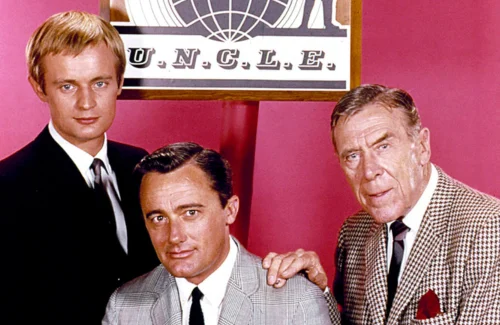
The Man from U.N.C.L.E. was a spy series that blended action, adventure, and comedy with a unique Cold War backdrop. The show followed two secret agents, Napoleon Solo and Illya Kuryakin, as they fought against the nefarious organization THRUSH. With its sleek gadgets, stylish costumes, and charismatic leads, The Man from U.N.C.L.E. became an instant hit with audiences, influencing many of the spy shows that followed. Its mix of action and humor helped set it apart from other series of its time.
Despite its popularity and critical acclaim, the series struggled with inconsistent ratings and high production costs, leading to its cancellation after four seasons. The show had a lasting impact on pop culture, with its characters and catchphrases becoming iconic. The Man from U.N.C.L.E. is often remembered as a trailblazer in the spy genre, paving the way for future series like Mission: Impossible and The Avengers. Its legacy has lived on through reruns and a 2015 movie reboot.
5. That Was the Week That Was (1964–1965)
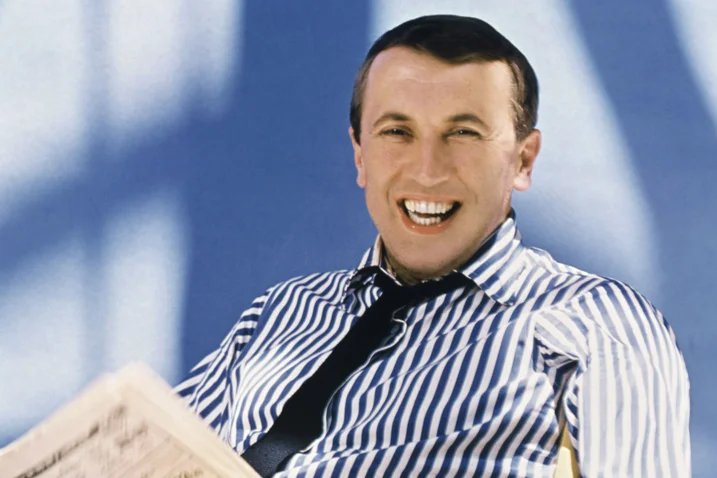
That Was the Week That Was was a groundbreaking television series that mixed news, satire, and comedy. With a focus on current events, the show featured political sketches and musical performances that critiqued the status quo. It became known for its biting humor and willingness to tackle sensitive political issues. The show set the stage for later political satire programs, influencing series like Saturday Night Live.
Despite its cultural impact, That Was the Week That Was was canceled after just one season. Its sharp, satirical nature was too controversial for the time, leading to criticism from both political sides. The show’s cancellation marked a shift in television, as networks began to hesitate about airing content that could stir up public debate.
6. The Monkees (1966–1968)
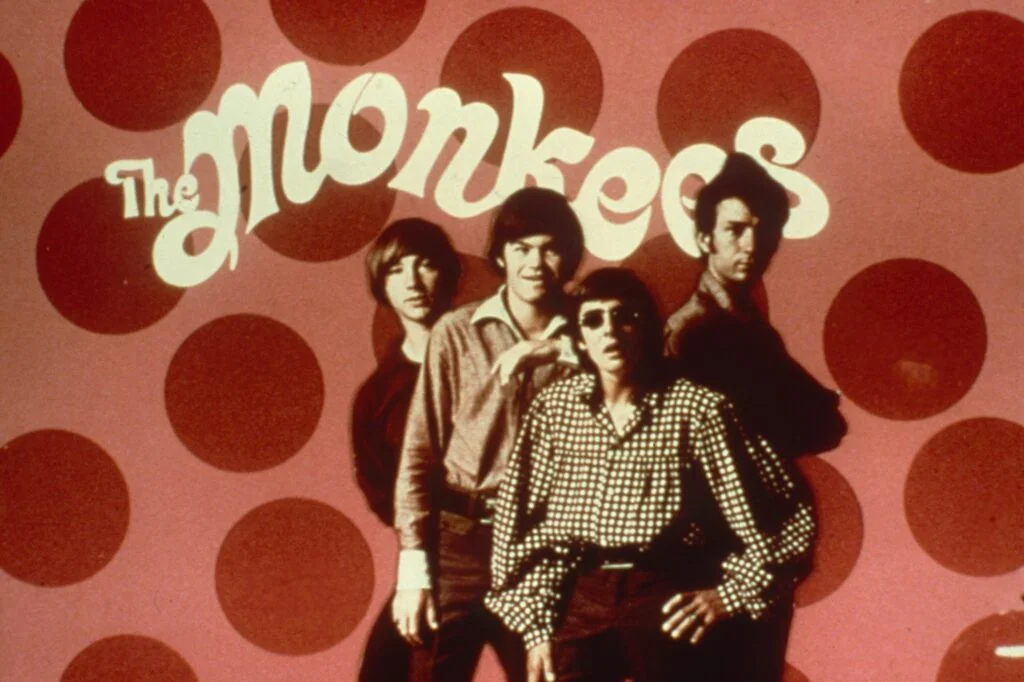
The Monkees was a quirky sitcom about a fictional band, which quickly became a cultural phenomenon. The show blended comedy, music, and surreal scenarios that appealed to the youth counterculture. The Monkees’ catchy songs and offbeat humor made it a hit among teenagers, but the show faced significant criticism from critics who saw it as manufactured pop culture. Despite the backlash, The Monkees became a reflection of the changing tastes of the 1960s.
After two seasons, The Monkees was canceled, but not because of a lack of popularity. The series struggled with creative control issues, as the band members were often frustrated by the scripted nature of the show. However, the lasting legacy of The Monkees helped cement it as one of the most beloved cult classic TV shows.
7. The Prisoner (1967–1968)
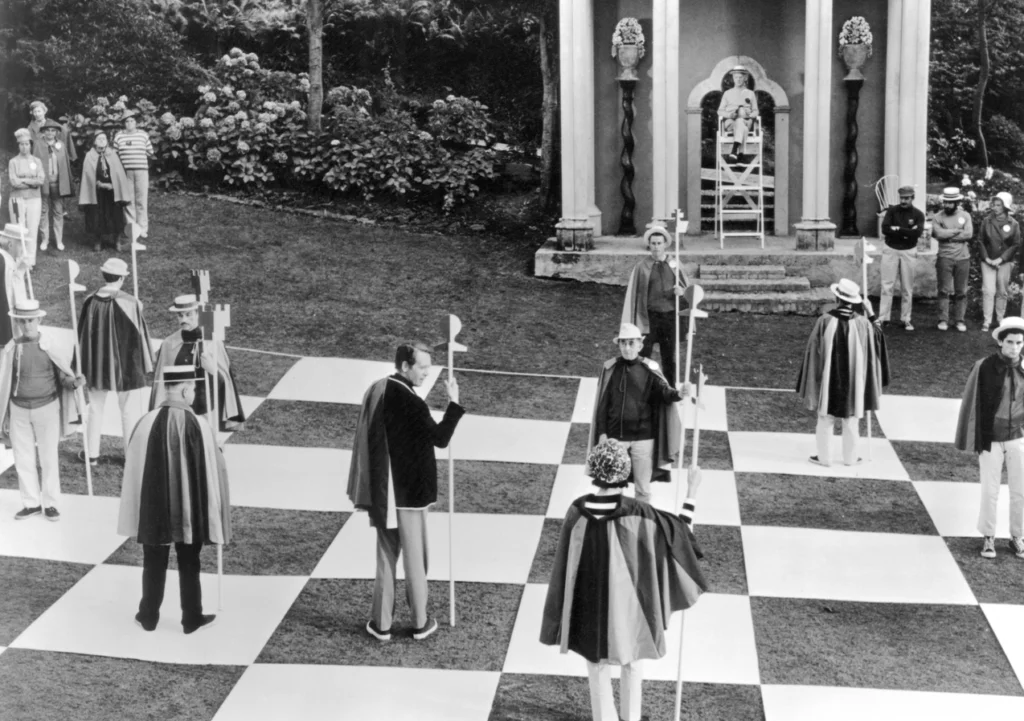
The Prisoner was a British series that defied the norms of conventional television at the time. The show starred Patrick McGoohan as a secret agent trapped in a mysterious coastal village. With its surreal narrative and philosophical undertones, The Prisoner questioned the themes of individuality, freedom, and control. Its abstract storylines and avant-garde visual style made it stand out from other spy dramas.
Despite its critical acclaim, The Prisoner was canceled after one season due to its abstract nature, which confused many viewers. Its non-traditional structure and existential themes made it a difficult sell for mainstream audiences. Over the years, The Prisoner has developed a cult following and is considered a forerunner of complex, narrative-driven TV series.
8. The Heroes of Telemark (1965)
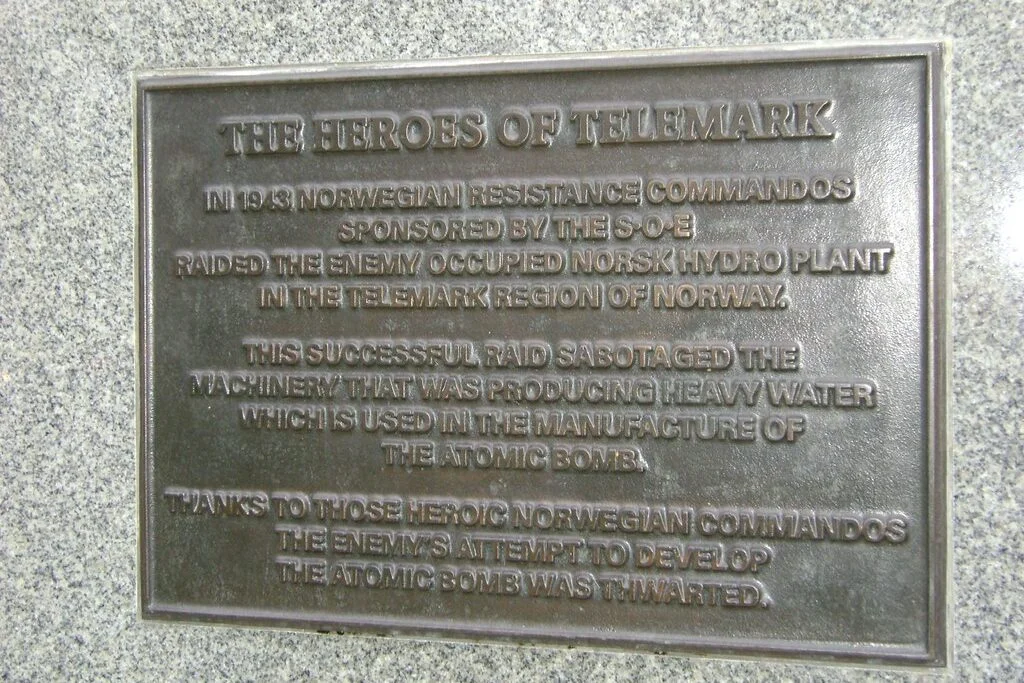
The Heroes of Telemark was an ambitious miniseries based on the true story of the Norwegian resistance’s efforts to sabotage the Nazi nuclear program during World War II. The show featured intense action sequences, historical drama, and a thrilling narrative that captured the tension of wartime espionage. The series was praised for its historical accuracy and gripping performances but faced criticism for its slow pacing.
Despite its potential, The Heroes of Telemark was canceled after just a short run. It struggled to find a mainstream audience, likely due to the heavy historical content and complex storytelling. Nevertheless, it is remembered as a remarkable attempt at bringing history to life on the small screen.
9. My Mother the Car (1965–1966)
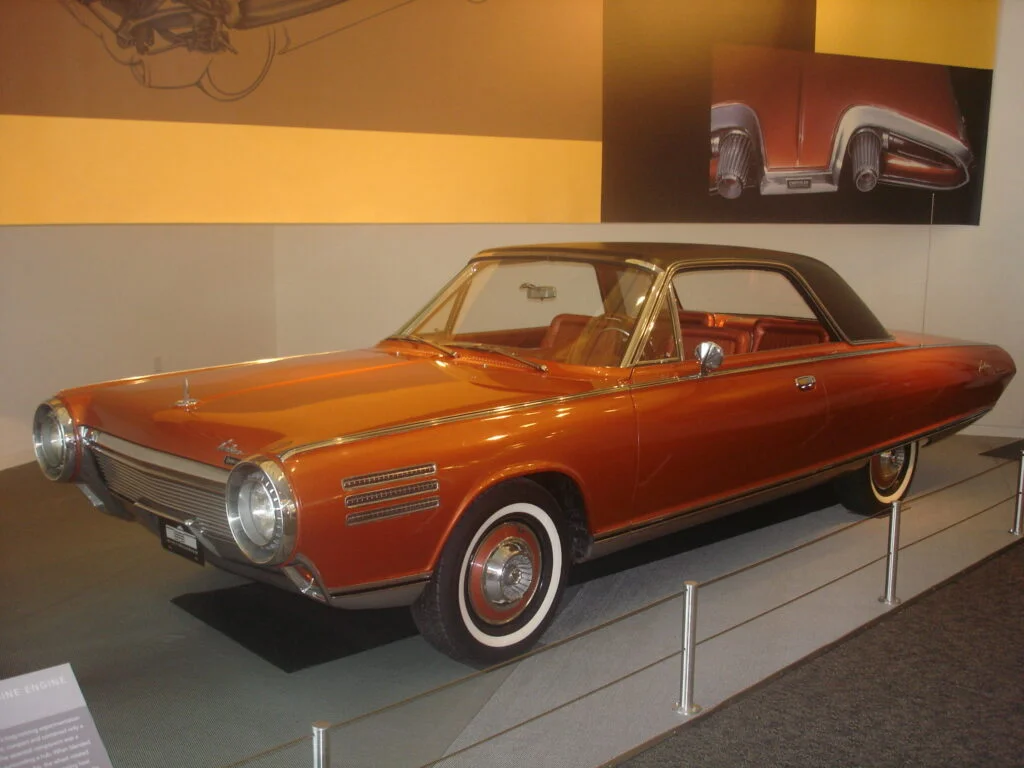
My Mother the Car was a sitcom that took a bizarre approach to its premise: a man’s deceased mother is reincarnated as a talking car. The series was considered far-fetched even by 1960s standards, but its oddball concept garnered attention. The show is known for its surreal, comedic take on life after death and the humorous dynamic between a son and his reincarnated mother.
Despite its strange charm, My Mother the Car was canceled after just one season. It struggled with low ratings and harsh criticism from viewers and critics alike. Over time, the show has become a cult classic, with fans appreciating its absurd humor and willingness to experiment with unique storytelling.
10. Star Trek (1966–1969)
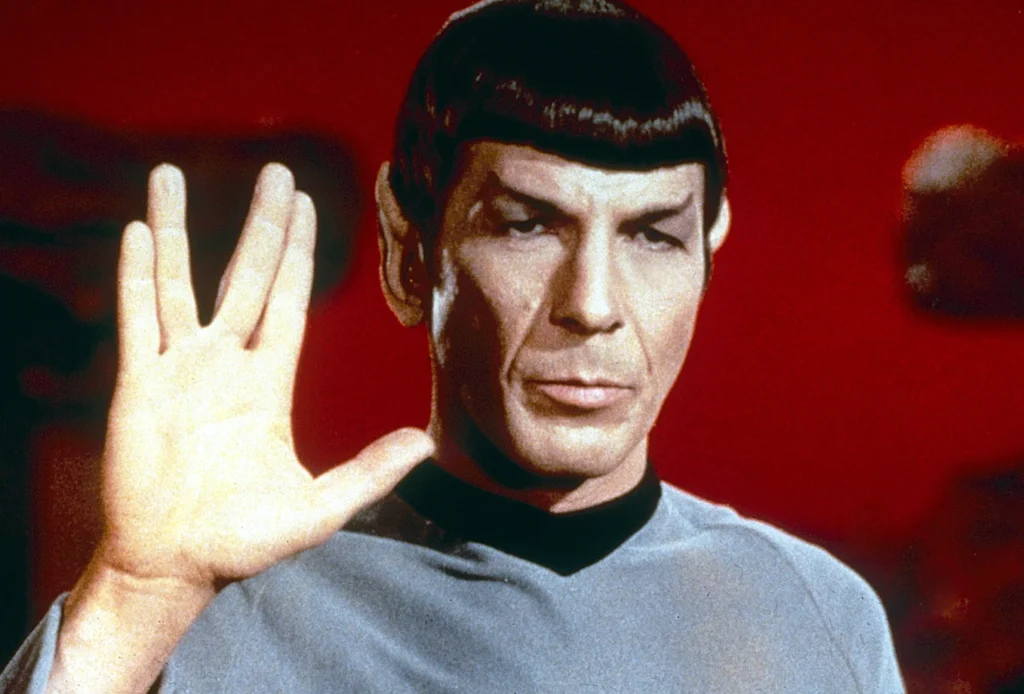
Star Trek is arguably one of the most influential television shows of all time, blending science fiction with philosophical exploration. Created by Gene Roddenberry, the series featured a diverse crew aboard the starship Enterprise, tackling social issues such as race, war, and human rights. Although it was canceled after three seasons, Star Trek pushed boundaries with its progressive themes and multi-ethnic cast.
Despite a loyal following, Star Trek struggled with poor ratings and network disinterest during its original run. However, its cancellation only fueled its popularity, as fans rallied to keep the show alive. Star Trek eventually grew into a cultural institution, spawning numerous films, spin-offs, and an entire franchise dedicated to exploring the unknown.
11. The Richard Pryor Show (1977)
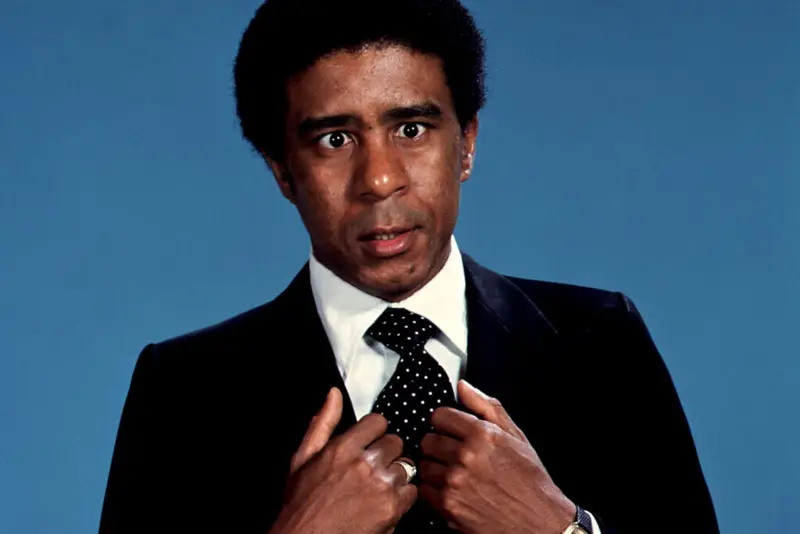
While technically just outside the ’60s, The Richard Pryor Show pushed boundaries during the early years of the ’70s with its unapologetic humor. The show gave Pryor a platform to address racial and societal issues with a mix of satire and stand-up comedy. Though the series was groundbreaking, it faced obstacles due to its edgy, controversial content that many network executives were uncomfortable with.
The Richard Pryor Show was canceled after only four episodes, partly due to its confrontational nature and the challenges it posed for traditional TV standards. However, its legacy lives on as one of the first mainstream comedy shows to tackle race and culture head-on, paving the way for future shows like Chappelle’s Show.
12. The Mothers-in-Law (1967–1969)
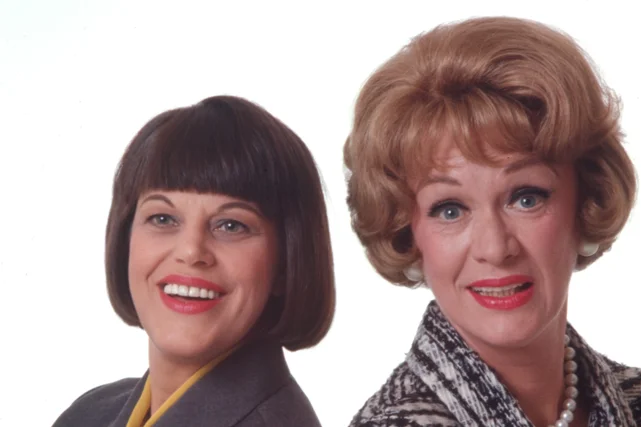
The Mothers-in-Law was a sitcom that pushed boundaries with its portrayal of family dynamics and social commentary. The show revolved around two very different mothers—one a conservative homemaker and the other a liberal, free-spirited woman—who were forced to live together after their children married. The contrasting personalities of the two mothers led to both hilarious and tense moments, reflecting the generational and cultural divides of the time. The series also touched on themes of marriage, feminism, and societal expectations, which were not typical for many sitcoms of that era.
Despite its innovative premise and solid cast, The Mothers-in-Law struggled to find a large audience, leading to its cancellation after two seasons. The show received praise for its progressive themes but was criticized by some for being too ahead of its time. Although it did not last long, The Mothers-in-Law has remained a cult favorite for its bold attempt to address complex family dynamics and social issues in a comedic format.
13. It’s About Time (1966–1967)
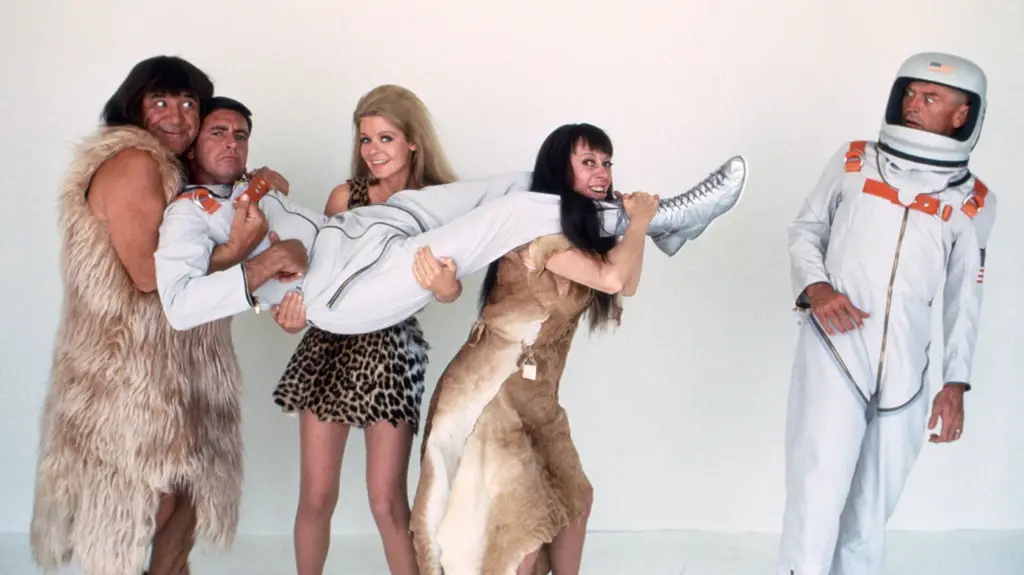
It’s About Time was an offbeat sitcom that took a wildly original approach to time travel and prehistoric themes. The series followed two astronauts who, after accidentally traveling back in time, find themselves stranded in the prehistoric past. They befriended a caveman family and had to figure out how to navigate life in the Stone Age, leading to plenty of absurd and humorous situations. The show’s unique premise, which blended elements of sci-fi and slapstick comedy, set it apart from other sitcoms of the ’60s.
Though it garnered attention for its quirky concept, It’s About Time was canceled after just one season due to low ratings and its unusual, sometimes disorienting format. Despite its short run, the show was an early example of a sitcom taking risks with unconventional premises. Today, It’s About Time is remembered for its zany humor and as one of the many innovative, but short-lived, sitcoms of the ’60s.
14. The Addams Family (1964–1966)
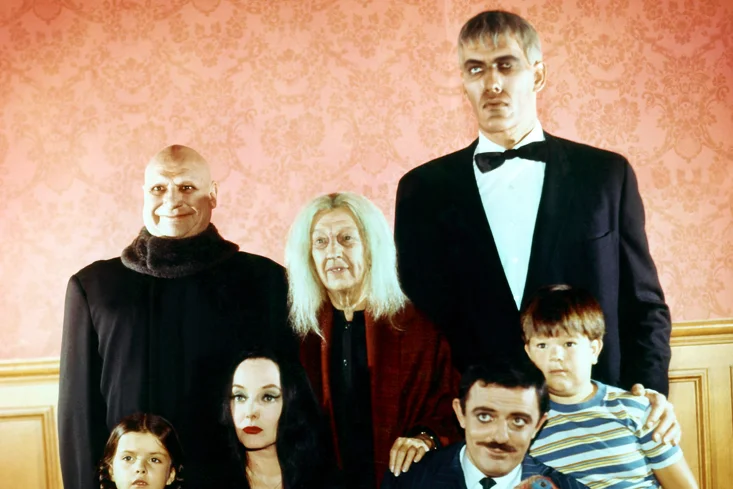
The Addams Family was a darkly comedic series based on Charles Addams’ quirky and macabre cartoons. Featuring a family that thrives on the weird and eerie, the show was a satire of the idealized American family. Despite its popularity and critical acclaim, The Addams Family was canceled after only two seasons due to declining ratings and competition from The Munsters, a similar show that aired at the same time.
The show’s eccentric characters, led by Gomez and Morticia Addams, have become icons of pop culture, and The Addams Family remains a beloved series. It continues to inspire movies, TV shows, and musicals, proving that its boundary-pushing humor and unique style have stood the test of time.
15. The Green Hornet (1966–1967)
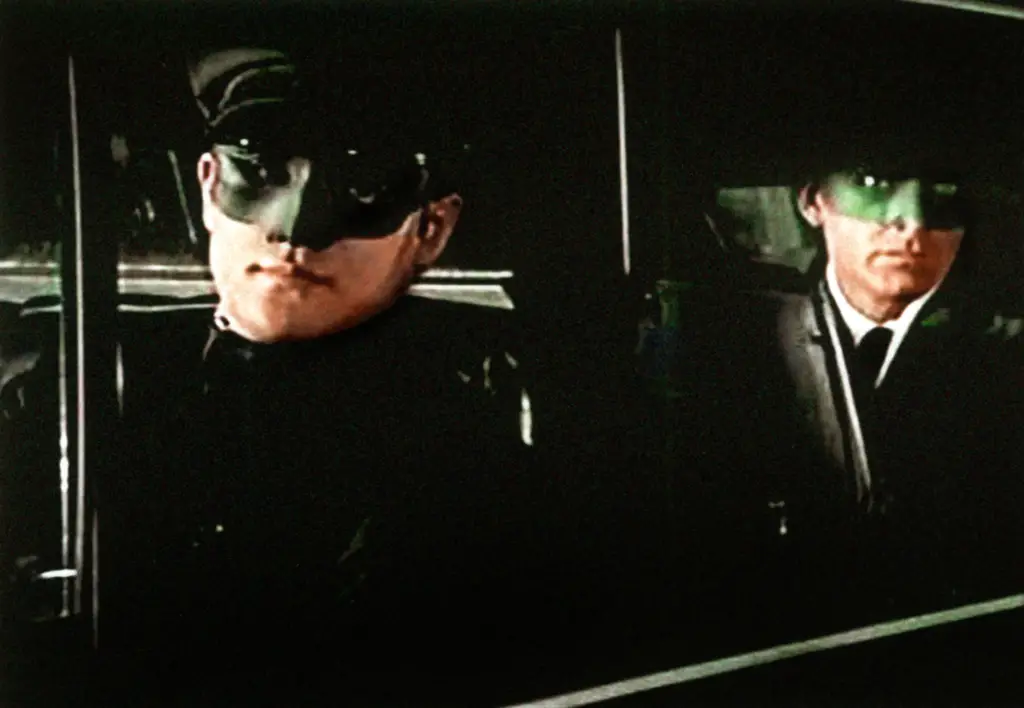
The Green Hornet was a superhero series that aired during the same time as Batman, but with a much darker tone. It starred Van Williams as the masked crimefighter and Bruce Lee as his sidekick, Kato. The show was notable for its innovative martial arts sequences, particularly the fight scenes choreographed by Lee. Despite its unique approach to the superhero genre, The Green Hornet failed to gain traction with viewers.
After just one season, the show was canceled due to low ratings. However, The Green Hornet has since gained a cult following, particularly because of Bruce Lee’s iconic role. The show’s failure to succeed in its original run has led many to believe that it was ahead of its time, offering a gritty take on the superhero genre that would later be embraced by audiences.
16. The Avengers (1961–1969)
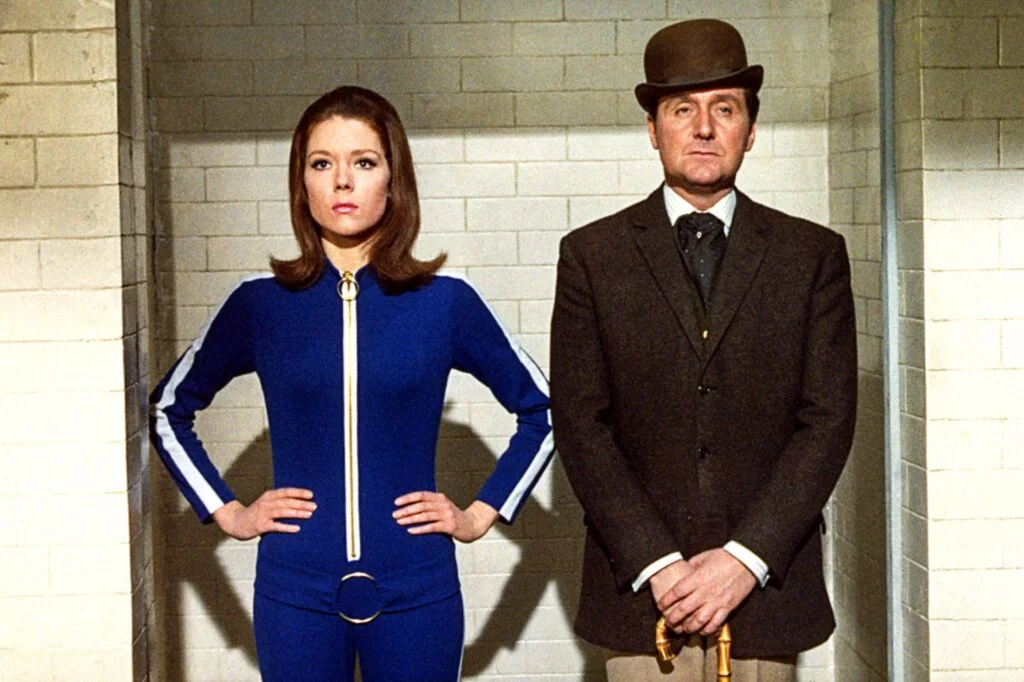
The Avengers was a British spy series that featured a mix of action, humor, and surrealism. The show followed a series of secret agents, most notably John Steed and his various female partners, as they investigated strange and dangerous occurrences. Known for its quirky tone and stylized production, The Avengers was groundbreaking in its portrayal of strong, independent women and its use of fantasy elements within the spy genre.
Although The Avengers became a cultural phenomenon, it was canceled in 1969 due to creative differences and the departure of key cast members. However, its influence can still be seen in modern spy and action series, as it blended serious storytelling with lighthearted, sometimes absurd, moments. The show is remembered for its boundary-pushing content and lasting impact on television.


